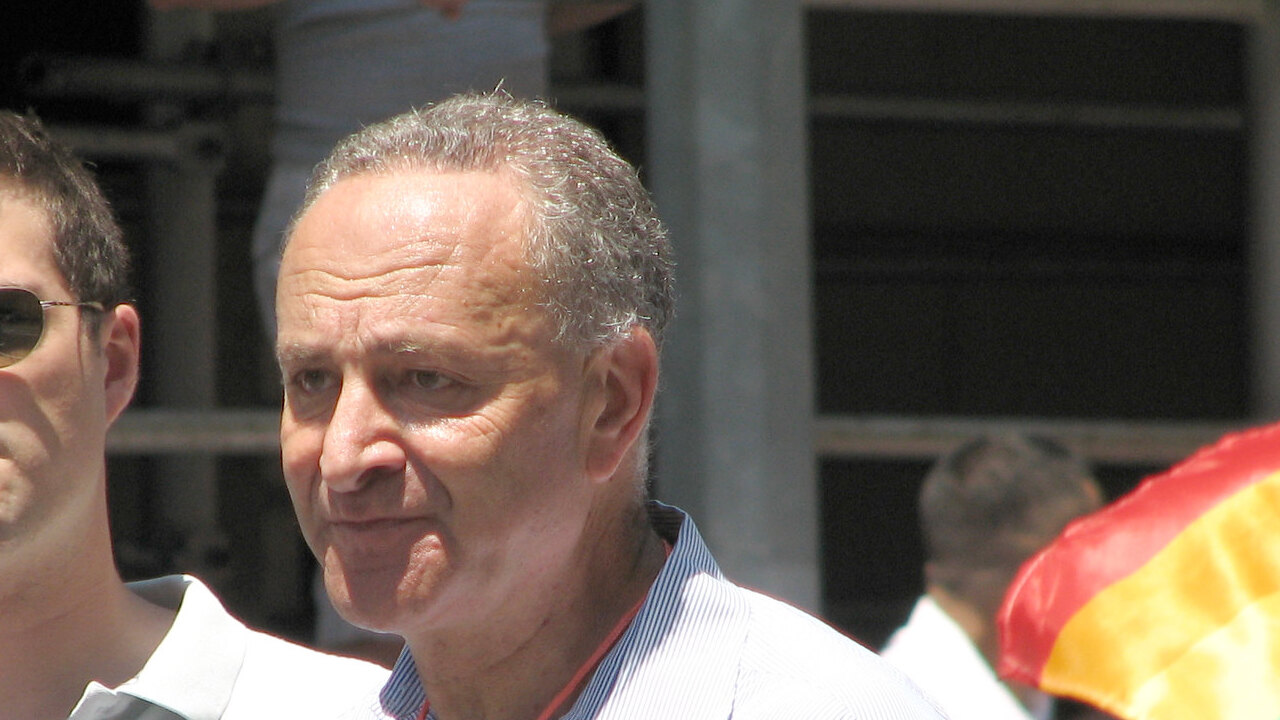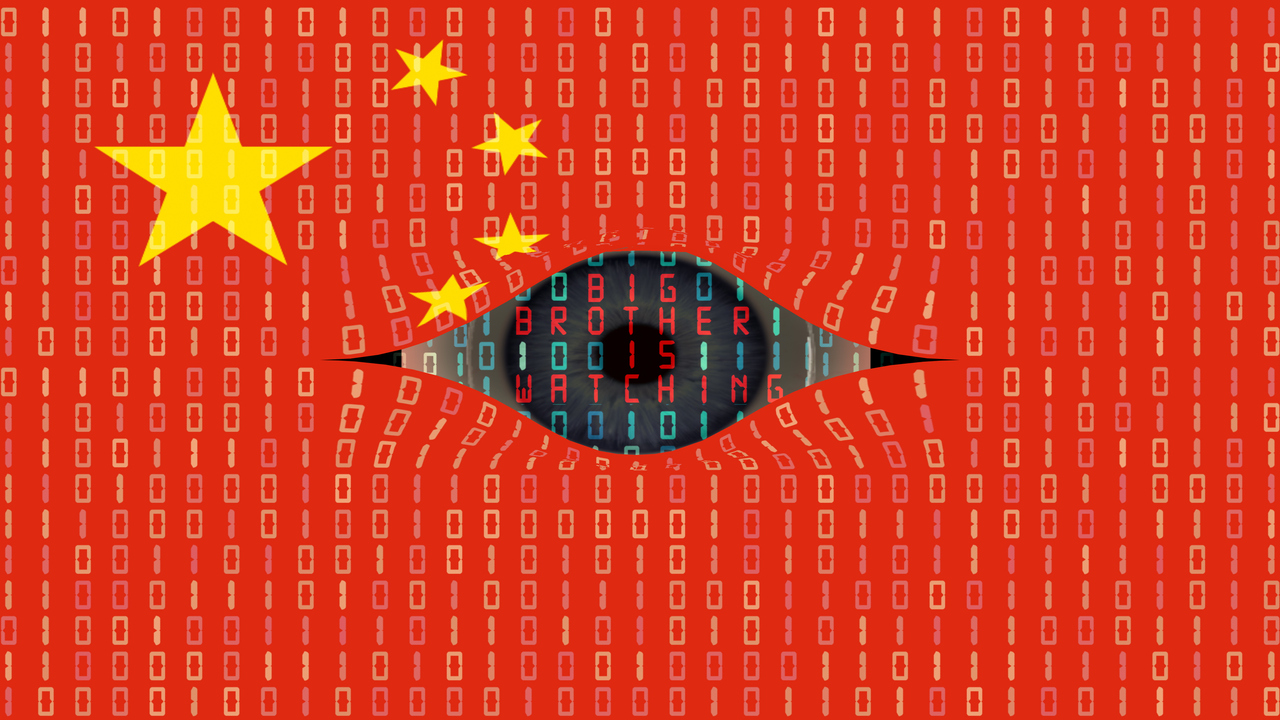While Democrats and the mainstream media (as if there is a difference) continue to celebrate the Senate’s passage of the Inflation Reduction Act, many prominent economists and non-partisan public policy organizations are singing quite a different tune about the bill that is expected to be signed into law after the House of Representatives votes on it in the coming days.
In fact, shortly after the deal was struck, 230 economists sent a letter to congressional leadership, warning that the “inaptly named ‘Inflation Reduction Act of 2022’ would do nothing of the sort and instead would perpetuate the same fiscal policy errors that have helped precipitate the current troubling economic climate.”
Even more stunning, the Penn Wharton Budget Model estimates, “The Act would very slightly increase inflation until 2024 and decrease inflation thereafter. These point estimates are statistically indistinguishable from zero, thereby indicating low confidence that the legislation will have any impact on inflation.”
So, why will the Inflation Reduction Act not deliver on its promise to lower inflation?
First, the Inflation Reduction Act will increase inflation because it is a giant spending bill. The bill includes $430 billion in green energy and Obamacare subsidies. This means much more short-term borrowing and money printing, which means the value of existing dollars decrease. Thus, higher inflation.
Second, the bill will increase the cost of energy, which is a primary driver of the current inflationary spiral. Instead of incentivizing the production of affordable and abundant fossil fuel energy, the bill goes all-in on subsidizing even more expensive, unreliable renewable energy. Expect even higher energy prices in the near future, which will exacerbate inflation.
Third, the bill seeks to raise taxes on corporations. When corporations are taxed, by definition, they produce less goods and services, hire less employees, and invest less money in research and development projects. From a macro-economic standpoint, inflation is typically defined as “too many dollars chasing too few goods and services.” Increasing taxes on corporations means they will produce less goods and services, which will lead to more, not less, inflation.
Fourth, the bill will dramatically increase the budget of the Internal Revenue Service (IRS), and calls for the addition of 87,000 new IRS agents to increase audits of small businesses and individual filers making less than $400,000. Undoubtedly, this will result in more revenue for the government, but less money for small business owners and hardworking Americans. This will also reduce the purchasing power of millions of Americans who will have to cough up more money to Uncle Sam. More money for Uncle Sam means less money in peoples’ pockets, which means everyday Americans’ purchasing power is likely to decline even more.
Fifth, the bill will likely slow economic growth, which means the national debt as a percentage of GDP is likely to increase, not decrease. This has far-reaching economic consequences that will not only add to the rate of inflation over the short-term, but will also result in numerous other long-term economic problems, such as increasing interest service payments on the $30 trillion national debt.
For decades, both Republicans and Democrats have been guilty of reckless borrowing and spending. Inflation does not spontaneously occur; it is the result of misguided policies. Yet, instead of addressing the problem of the worst rate of inflation in more than four decades that their profligate spending has wrought, congressional Democrats would rather keep kicking the can down the road while disingenuously telling the American people that they are “reducing” inflation by passing a bill that will do nothing but make the problem worse. No wonder the American people hold Congress in such contempt.
Chris Talgo (CTalgo@heartland.org) is the editorial director and a research fellow at The Heartland Institute, as well as a researcher and contributing editor at StoppingSocialism.com.






